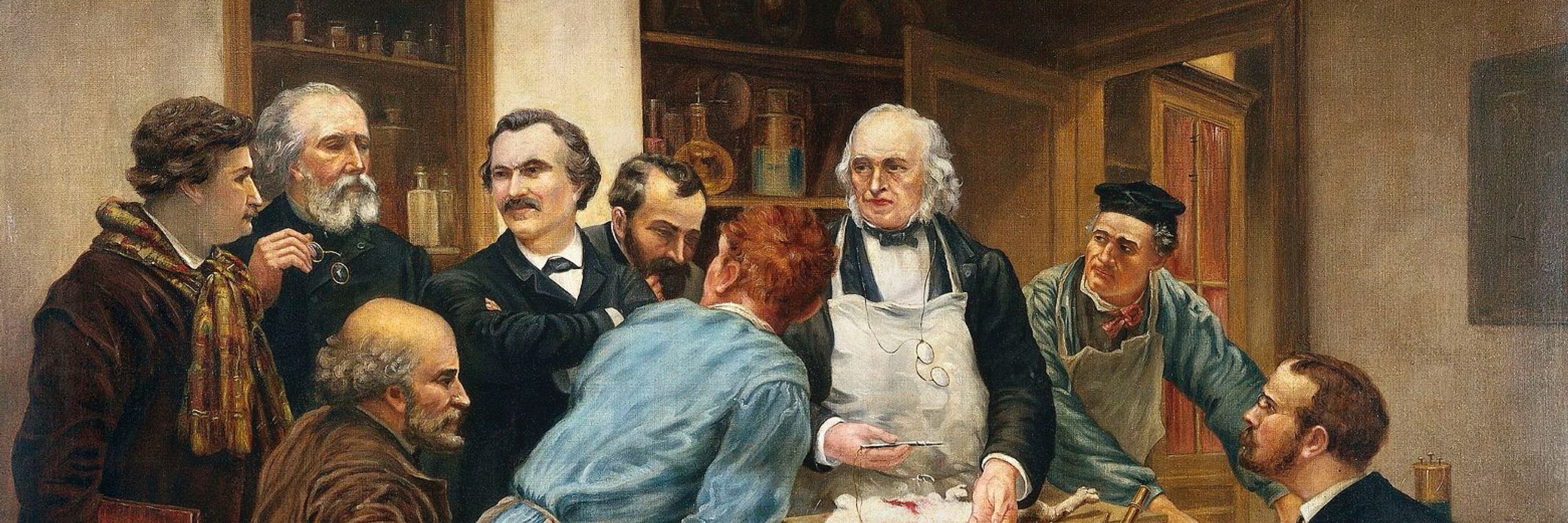Chris
@multiplicityct.bsky.social
4.3K followers
1.2K following
3.1K posts
PhD student in philosophy at the University of Staffordshire. Heidegger, analytic ethics (trust and mistrust), philosophy of tech/AI. Marylander. MA Staffs, MBA Duke. Wittgenstein and Cantor handshake numbers = 3 (via John Conway).
Posts
Media
Videos
Starter Packs
Reposted by Chris
Ehud
@duhe.bsky.social
· 7d








